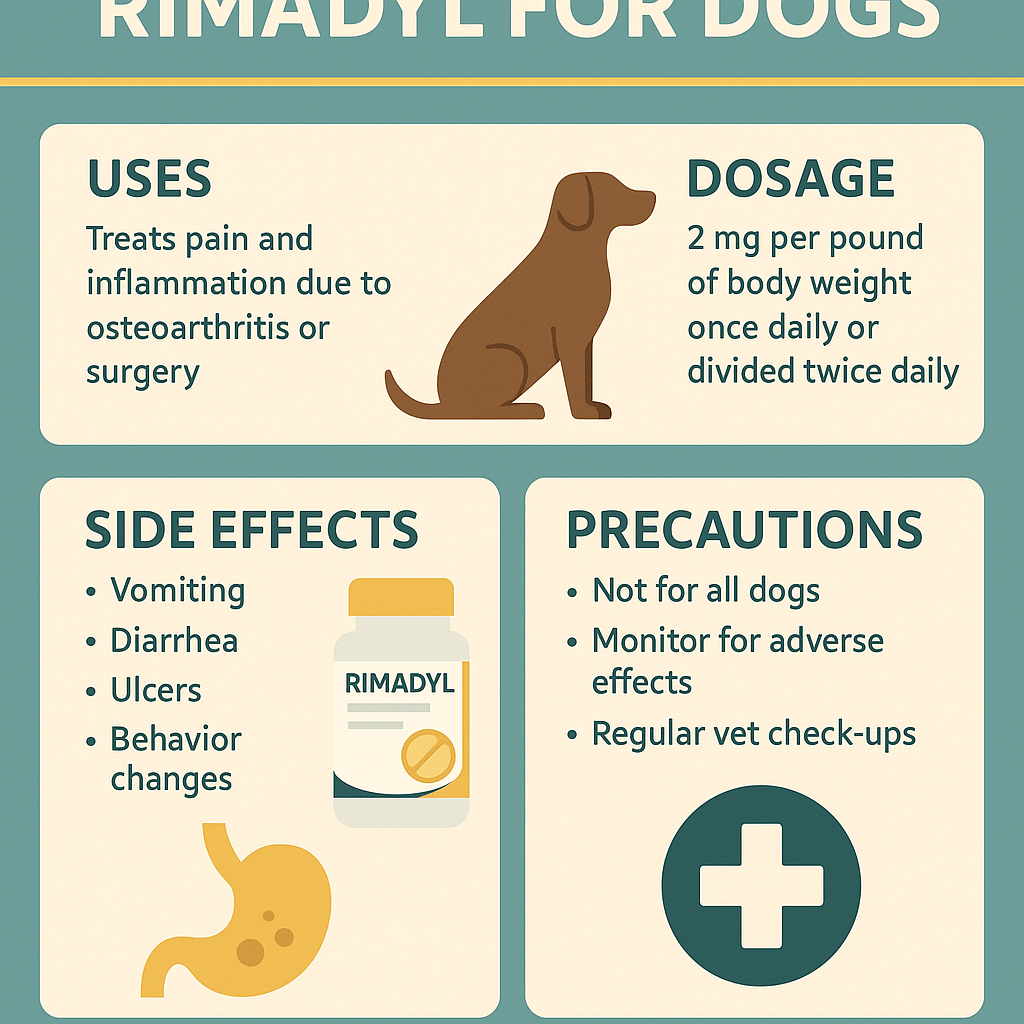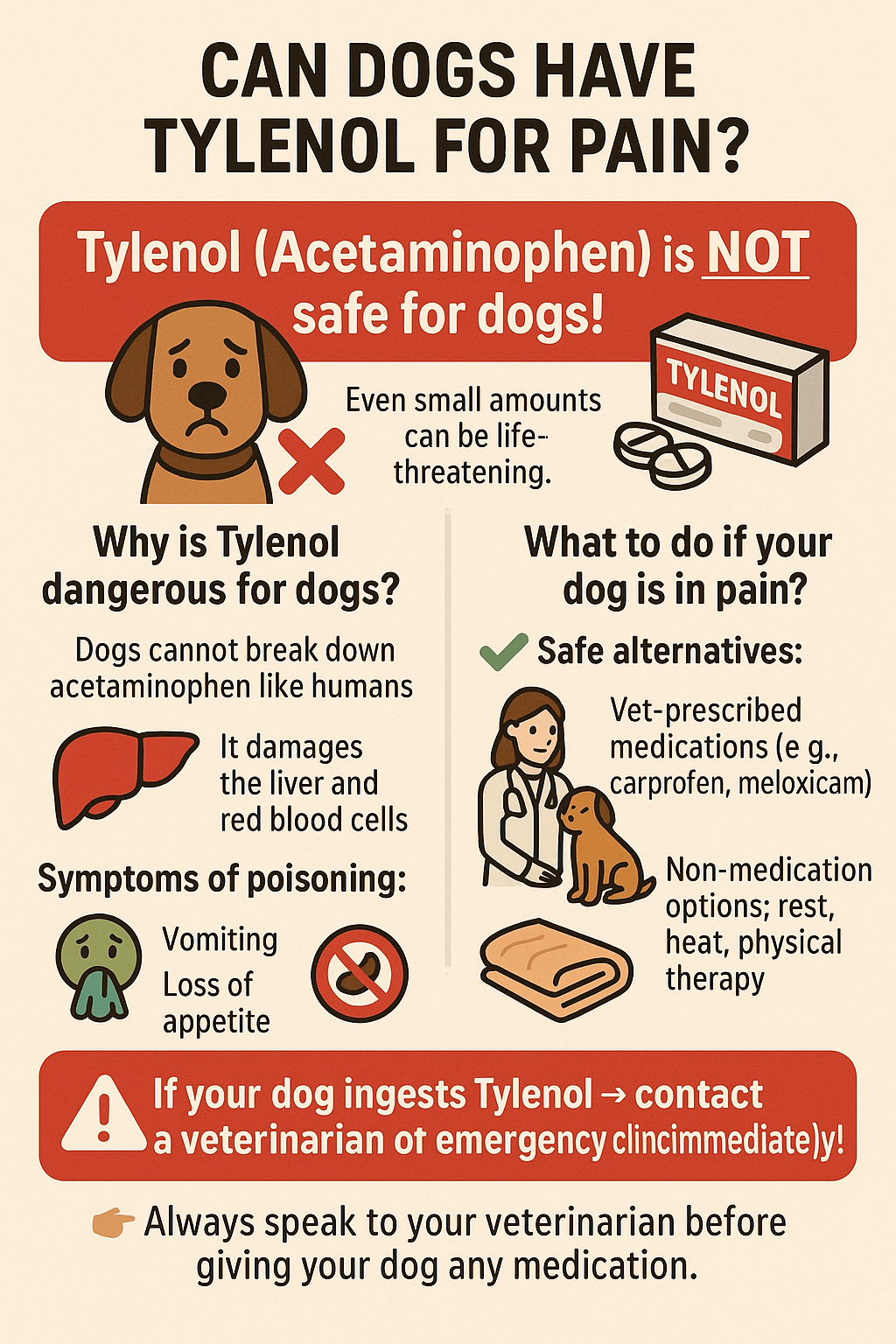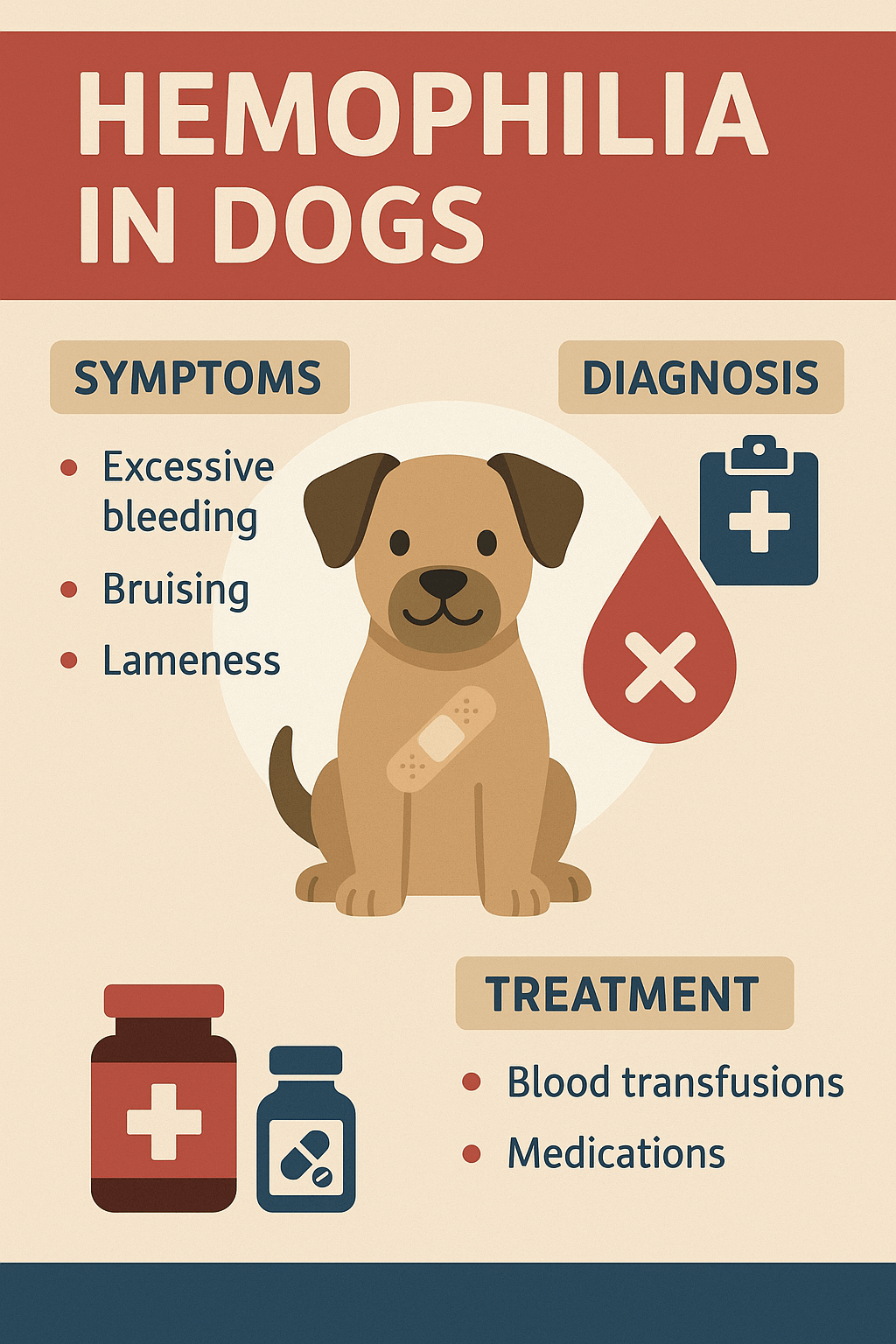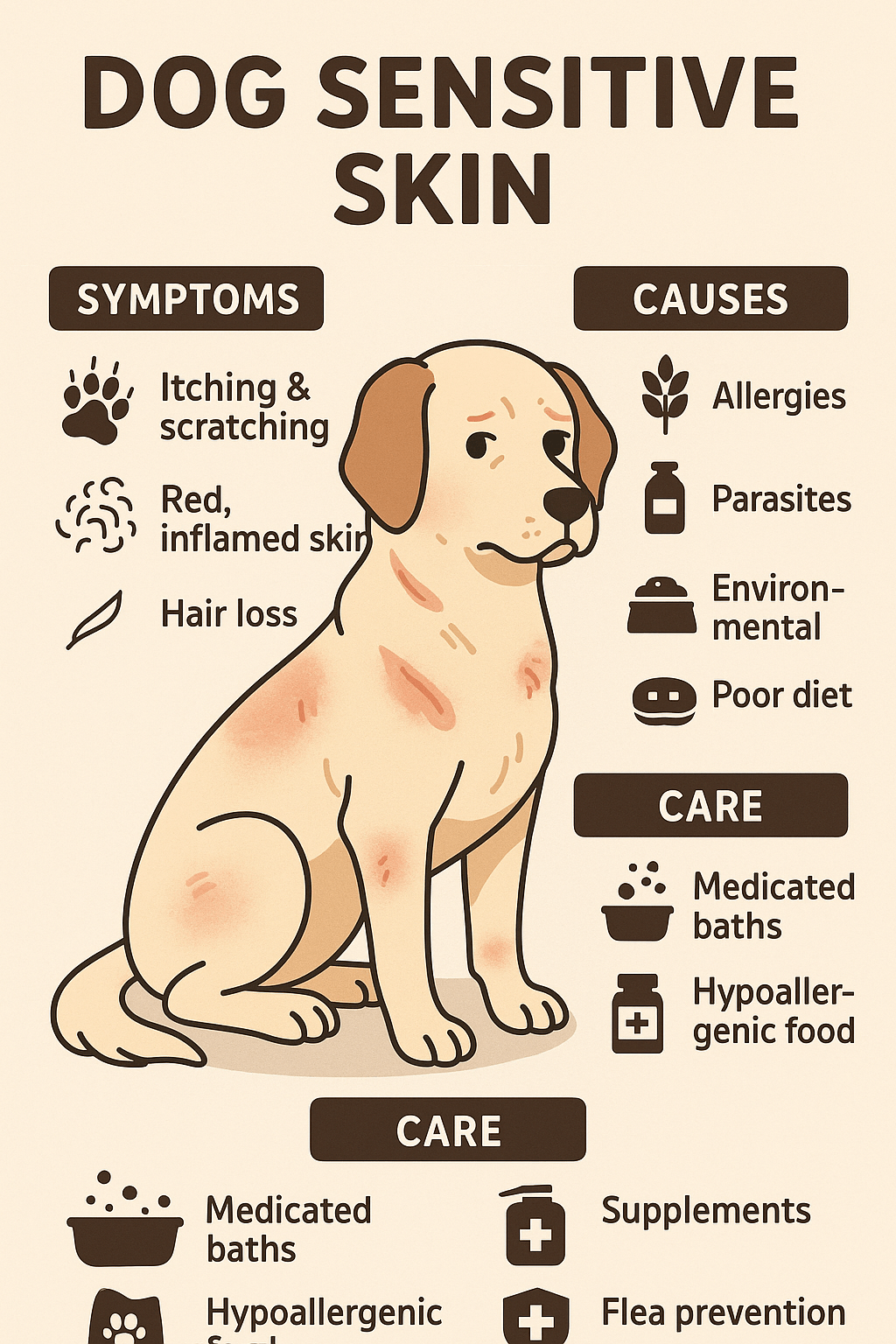Boxer Dog Life Expectancy: What Every Owner Should Know
Boxer dogs are known for their boundless energy, playful personalities, and unwavering loyalty. These beloved companions bring joy to countless families, but one question often lingers in the minds of Boxer owners: How long can I expect my Boxer to live? Understanding the life expectancy of a Boxer dog is crucial for planning their care, addressing potential health concerns, and making the most of the time you have together. In this blog post, we’ll explore the factors that influence a Boxer’s lifespan, tips for extending their years, and how to ensure they live a happy, healthy life.
What Is the Average Life Expectancy of a Boxer Dog?
The average life expectancy of a Boxer dog typically ranges from 10 to 12 years , though some may live slightly longer with proper care. While genetics play a significant role, several other factors can influence how long your Boxer lives. Here’s what you need to know:
Breed Size: As a medium to large breed, Boxers generally have a shorter lifespan compared to smaller breeds like Chihuahuas or Poodles.
Genetics: Some Boxers inherit health conditions that can shorten their lifespan, such as heart issues or cancer.
Diet and Nutrition: A balanced, high-quality diet supports overall health and can contribute to a longer life.
Exercise and Activity: Regular physical activity helps maintain a healthy weight and reduces the risk of obesity-related diseases.
Veterinary Care: Routine check-ups and preventive healthcare can catch potential problems early, improving longevity.
While 10 to 12 years may seem short, providing excellent care and attention can help your Boxer live a fulfilling life within this timeframe.
Factors That Influence a Boxer’s Lifespan
Several elements contribute to how long your Boxer will live, many of which are within your control as a pet owner. Understanding these factors can help you make informed decisions about your dog’s care. Here’s a breakdown:
Health Conditions: Boxers are prone to certain illnesses, such as cardiomyopathy, hip dysplasia, and certain cancers, which can impact their lifespan.
Lifestyle Choices: A sedentary lifestyle or poor diet can lead to obesity, which increases the risk of chronic diseases.
Environmental Factors: Exposure to toxins, extreme weather, or unsafe living conditions can negatively affect your Boxer’s health.
Mental Stimulation: Keeping your Boxer mentally engaged through play, training, and socialization can improve their overall well-being.
Spaying or Neutering: This procedure can reduce the risk of certain cancers and infections, potentially extending your dog’s life.
By addressing these factors, you can take proactive steps to maximize your Boxer’s lifespan and ensure they remain happy and healthy.
Check this guide 👉Kangal Dog Lifespan: Best 7 Expert Tips!
Check this guide 👉Lifespan of the Indian Pariah Dog: Best 7 Expert Tips!
Check this guide 👉What Dog Has the Shortest Lifespan? Best 7 Expert Tips!

Factors That Extend a Boxer’s Lifespan | Common Health Issues in Boxers |
|---|---|
Balanced diet and proper nutrition | Cardiomyopathy (heart disease) |
Regular exercise and mental stimulation | Hip dysplasia |
Routine veterinary check-ups | Cancers (e.g., mast cell tumors, lymphoma) |
Spaying or neutering | Allergies and skin conditions |
Safe and stress-free environment | Bloat (gastric torsion) |
Tips for Extending Your Boxer’s Lifespan
While genetics play a role in determining your Boxer’s lifespan, there’s much you can do as a pet owner to help them live longer. Here are some practical tips to keep your Boxer healthy and thriving:
Provide a Nutritious Diet: Feed your Boxer high-quality food tailored to their age, size, and activity level to support their overall health.
Maintain a Healthy Weight: Obesity can lead to joint problems, diabetes, and heart disease; monitor your dog’s weight and adjust portions as needed.
Schedule Regular Vet Visits: Annual or biannual check-ups allow your vet to detect and address potential health issues early.
Keep Them Active: Engage your Boxer in daily walks, playtime, and interactive games to keep them physically fit and mentally sharp.
Focus on Preventive Care: Vaccinations, parasite prevention, and dental hygiene are essential for maintaining long-term health.
By following these tips, you can give your Boxer the best chance at a long and happy life.
Signs Your Boxer May Be Experiencing Health Issues
Early detection of health problems is key to ensuring your Boxer receives timely treatment and care. Here are some warning signs to watch for:
Difficulty Breathing: Labored breathing or coughing could indicate heart disease or other respiratory issues.
Lethargy or Weakness: A sudden lack of energy may signal underlying health problems, such as anemia or organ dysfunction.
Unexplained Weight Loss: Significant weight loss without dietary changes could point to gastrointestinal or metabolic disorders.
Swollen Abdomen: A distended belly might be a sign of bloat, a life-threatening condition common in Boxers.
Changes in Behavior: Increased aggression, anxiety, or withdrawal may indicate pain or discomfort.
If you notice any of these symptoms, consult your veterinarian promptly. Early intervention can make a significant difference in your Boxer’s prognosis.
Why Mental Stimulation Matters for Your Boxer’s Well-Being
Boxers are intelligent, energetic dogs that thrive on mental challenges and stimulation. Neglecting their cognitive needs can lead to boredom, anxiety, or destructive behaviors. Providing mental enrichment not only keeps your Boxer happy but also contributes to their overall longevity. Here’s how to keep your Boxer mentally sharp:
Interactive Toys: Puzzle feeders and treat-dispensing toys challenge their problem-solving skills and keep them entertained.
Training Sessions: Regular obedience or trick training strengthens the bond between you and your dog while engaging their mind.
Socialization: Arrange playdates with other friendly dogs or take your Boxer to dog-friendly parks to satisfy their social instincts.
New Experiences: Introduce your Boxer to new environments, scents, and sounds to stimulate their curiosity and reduce monotony.
Rotating Toys: Keep their interest by rotating toys every few days to prevent boredom.
By prioritizing mental health, you’ll not only enhance your Boxer’s quality of life but also reduce stress-related health issues that could shorten their lifespan.
Debunking Myths to Better Care for Your Dog
There are several misconceptions about Boxer health that can lead to confusion among pet owners. Understanding the truth behind these myths is essential for providing the best care possible. Here are some common misunderstandings:
“Boxers don’t need much exercise.” While they’re not as high-energy as some breeds, Boxers still require daily physical activity to stay healthy.
“All Boxers will develop heart disease.” While heart conditions are common, not all Boxers are affected; regular vet check-ups can help detect issues early.
“Dry food alone is enough for their diet.” A balanced diet should include a mix of nutrients, and wet food or supplements may be beneficial in certain cases.
“Spaying or neutering causes weight gain.” Weight gain is due to overfeeding or lack of exercise, not the procedure itself.
“Boxers are immune to cold weather.” Their short coats make them vulnerable to cold temperatures; protective clothing or limited outdoor time is recommended.
By understanding the facts, you can provide better care and avoid unnecessary risks to your Boxer’s health.
How to Support Your Aging Boxer
As your Boxer enters their senior years, their needs will change, requiring adjustments to their care routine. By preparing for this stage, you can ensure they remain comfortable and happy in their golden years. Here’s how to support your aging Boxer:
Adjust Their Diet: Senior dogs benefit from foods lower in calories but rich in joint-supporting nutrients like glucosamine and omega-3 fatty acids.
Monitor Joint Health: Provide orthopedic bedding and consider supplements to alleviate arthritis or stiffness.
Reduce Exercise Intensity: Opt for shorter, gentler walks instead of strenuous activities to accommodate their aging bodies.
Increase Vet Visits: Older dogs require more frequent check-ups to monitor for age-related conditions such as kidney disease or dental issues.
Provide Comfort and Companionship: Spend quality time with your senior Boxer, offering gentle affection and reassurance as they navigate this stage of life.
With proper care and attention, your Boxer’s senior years can be filled with love, comfort, and dignity. Planning ahead ensures you’re ready to meet their evolving needs.
Frequently Asked Questions About Boxer Dog Life Expectancy
What is the average life expectancy of a Boxer dog?
The average lifespan of a Boxer is 10 to 12 years, though some may live longer with proper care.
Why do Boxers have a shorter lifespan than smaller breeds?
Larger breeds tend to have shorter lifespans due to faster aging processes and a higher risk of certain health issues.
How can I help my Boxer live longer?
Focus on proper nutrition, regular exercise, routine vet care, and preventive measures to extend your Boxer’s life.
What health issues are Boxers prone to?
Common health concerns include heart disease, hip dysplasia, cancer, and bloat.
Is spaying or neutering beneficial for Boxers?
Yes, it can reduce the risk of certain cancers and infections, potentially extending their lifespan.
Final Thoughts: Making the Most of Your Time with Your Boxer
While the life expectancy of a Boxer dog may seem limited compared to smaller breeds, the love and joy they bring into our lives are immeasurable. By understanding the factors that influence their lifespan and taking proactive steps to care for their health, you can ensure your Boxer lives a long, happy, and fulfilling life. Cherish every moment with your furry companion, from their playful puppy days to their golden years. With proper care, attention, and love, you can create memories that will last a lifetime—and give your Boxer the best possible quality of life.
Rimadyl for Dogs: Best 7 Expert Tips! Discover expert advice on using Rimadyl safely, managing pain, and improving your dog’s mobility with trusted veterinary insights.
Can Dogs Have Tylenol for Pain? Best 7 Expert Tips! Discover the risks, safe alternatives, and expert advice on managing your dog’s pain effectively while avoiding harmful medications.
Understanding Hemophilia in Dogs: Best 7 Expert Tips! Discover expert advice on managing hemophilia, recognizing symptoms, and ensuring your dog’s well-being with practical care strategies.
Understanding Dog Sensitive Skin: Best 7 Expert Tips! Discover expert advice on managing dog sensitive skin, relieving irritation, and improving your pup’s comfort with practical solutions.





